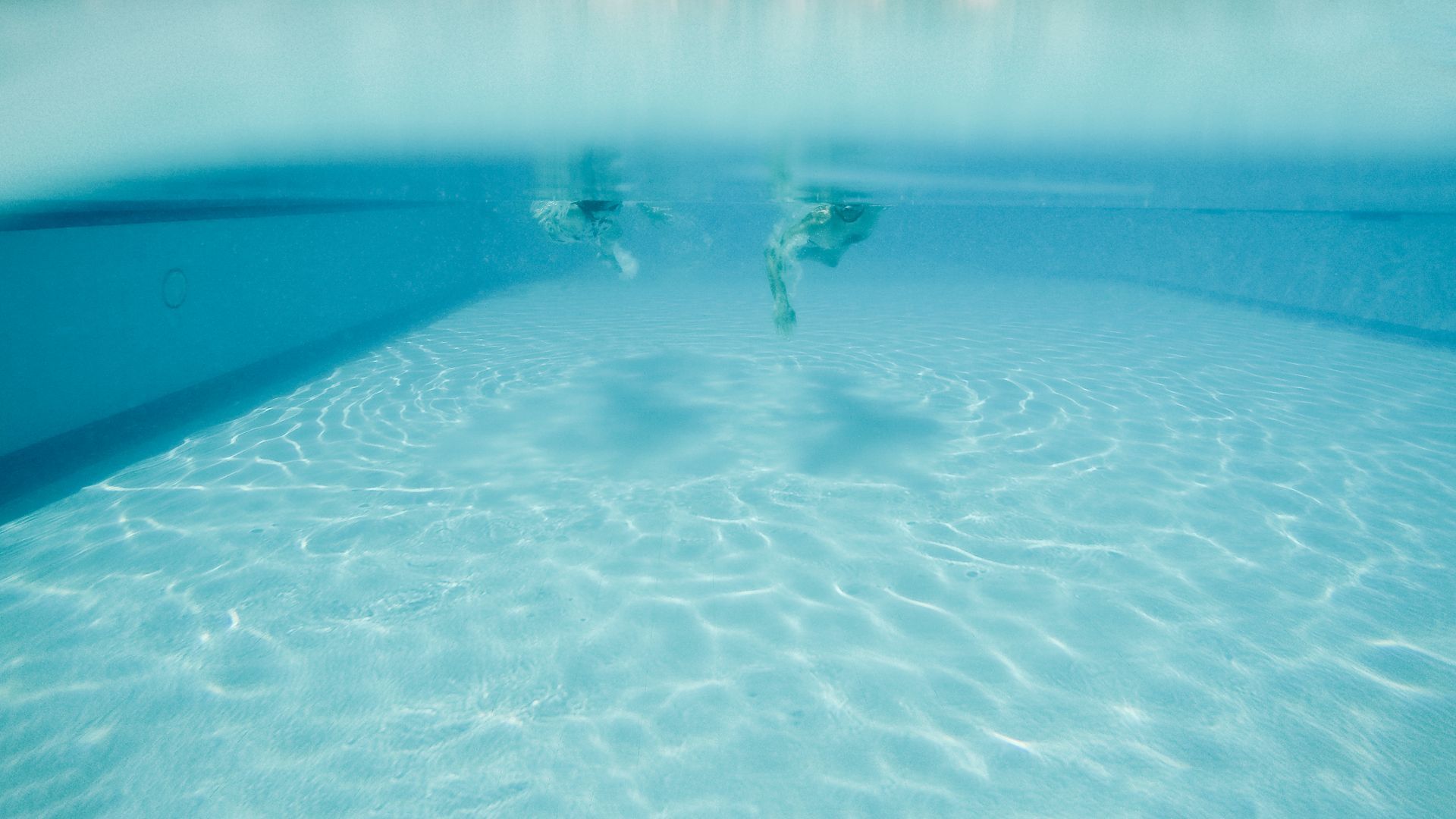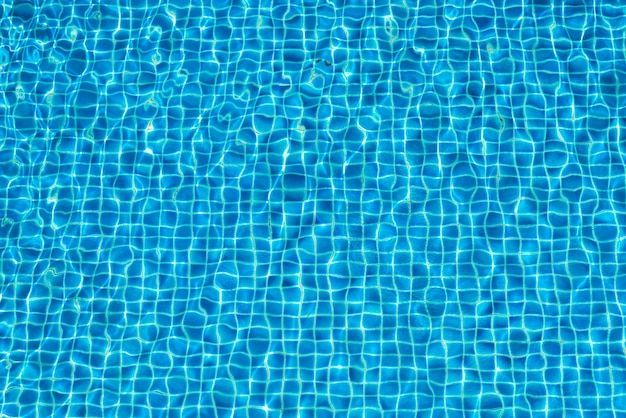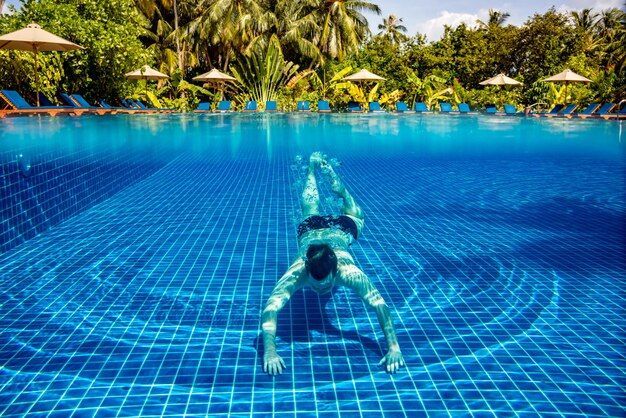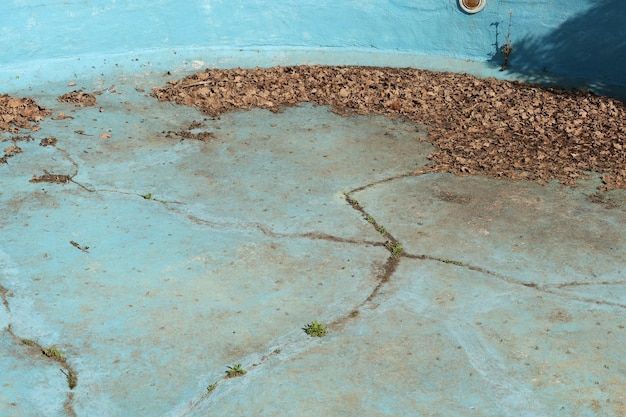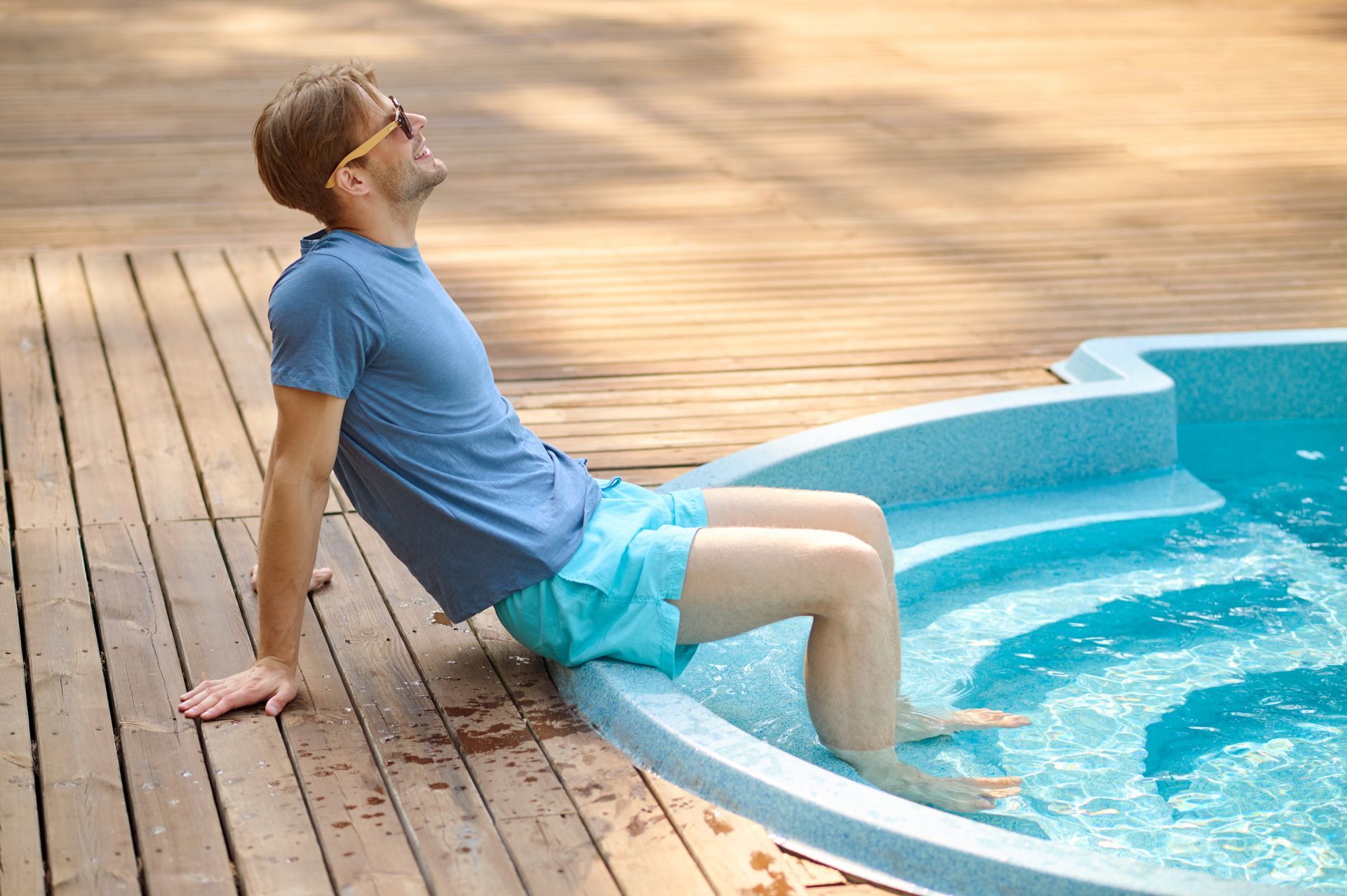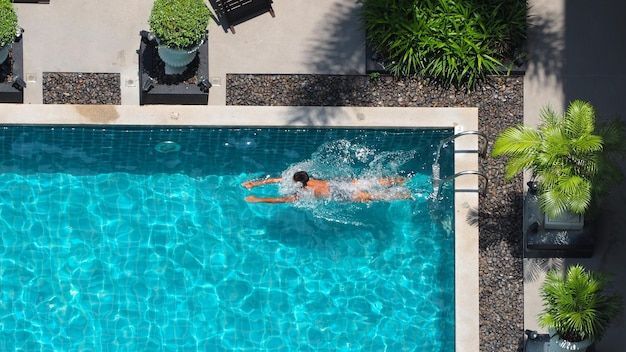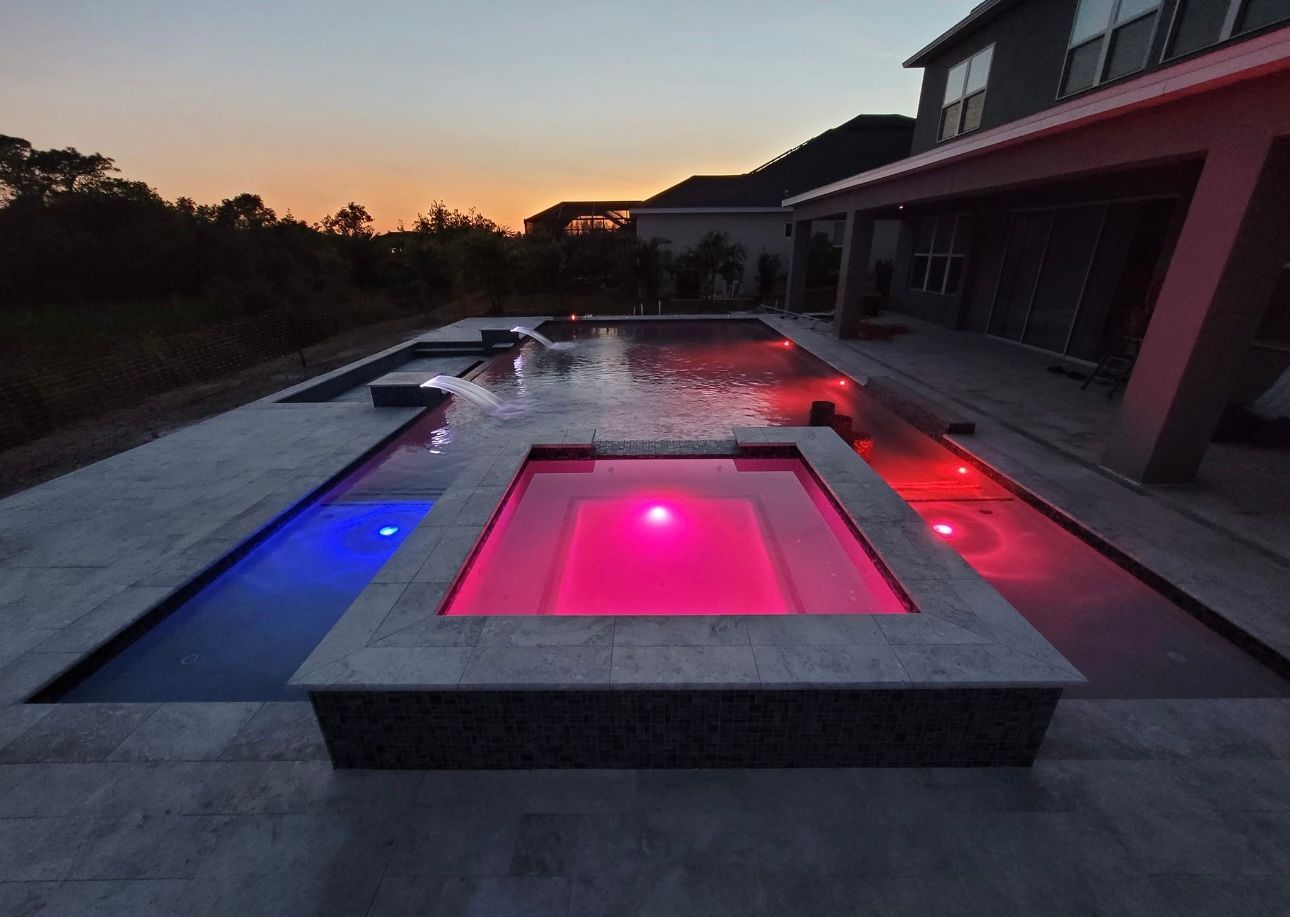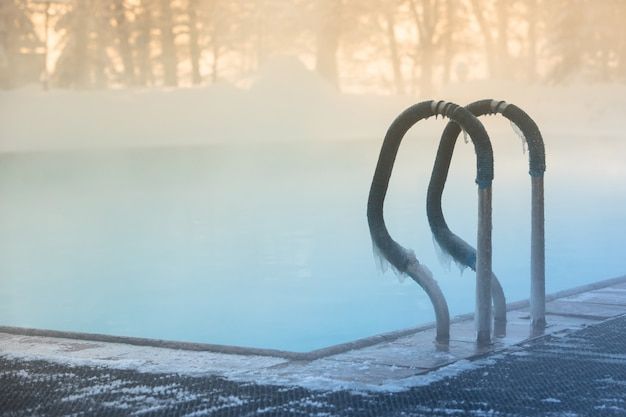CONCRETE POOLS – USER EXPERIENCES
Choosing a pool isn't just about looks—it's about how it feels, performs, and fits your lifestyle. Concrete and fiberglass pools might seem similar, but users experience them very differently.
In this guide, we'll break down what real pool owners say about their swimming experiences. We'll show you the honest, unfiltered truth about concrete pools.
Concrete Pools
Swimming Sensation
- Classic swimming environment
- More defined surface interaction
- Provides traditional swimming "feel"
Surface Characteristics
- Slight surface resistance while swimming
- More textural swimming experience
- Offers more friction compared to fiberglass
- Potential for varied swimming dynamics
User Experiences
"I love the classic pool feeling. It reminds me of swimming in public pools from my childhood." - Robert K.
"The surface gives me more grip, which I prefer for lap swimming." - Sandra M.
Swimming Dynamics
- More resistance provides workout intensity
- Surface allows more "gripping" sensation
- Customizable texture during construction
- Potential for intentional surface variations
Comparative Insights
- Higher energy expenditure during swimming
- More engagement of muscle groups
- Allows for more personalized pool design
- Texture can be modified during construction or renovation
Performance Considerations
- Swimmers report more "authentic" pool experience
- Slightly higher physical effort required
- Surface can be tailored to specific preferences
- Potential for specialized swimming textures
User Experiences
"As a former competitive swimmer, I love how my concrete pool gives me more resistance. It's like having a built-in training ground right in my backyard." - Michael R.
"The textured surface of my concrete pool actually helps me with my water aerobics. I feel more secure and can grip better during my exercises." - Sarah L.
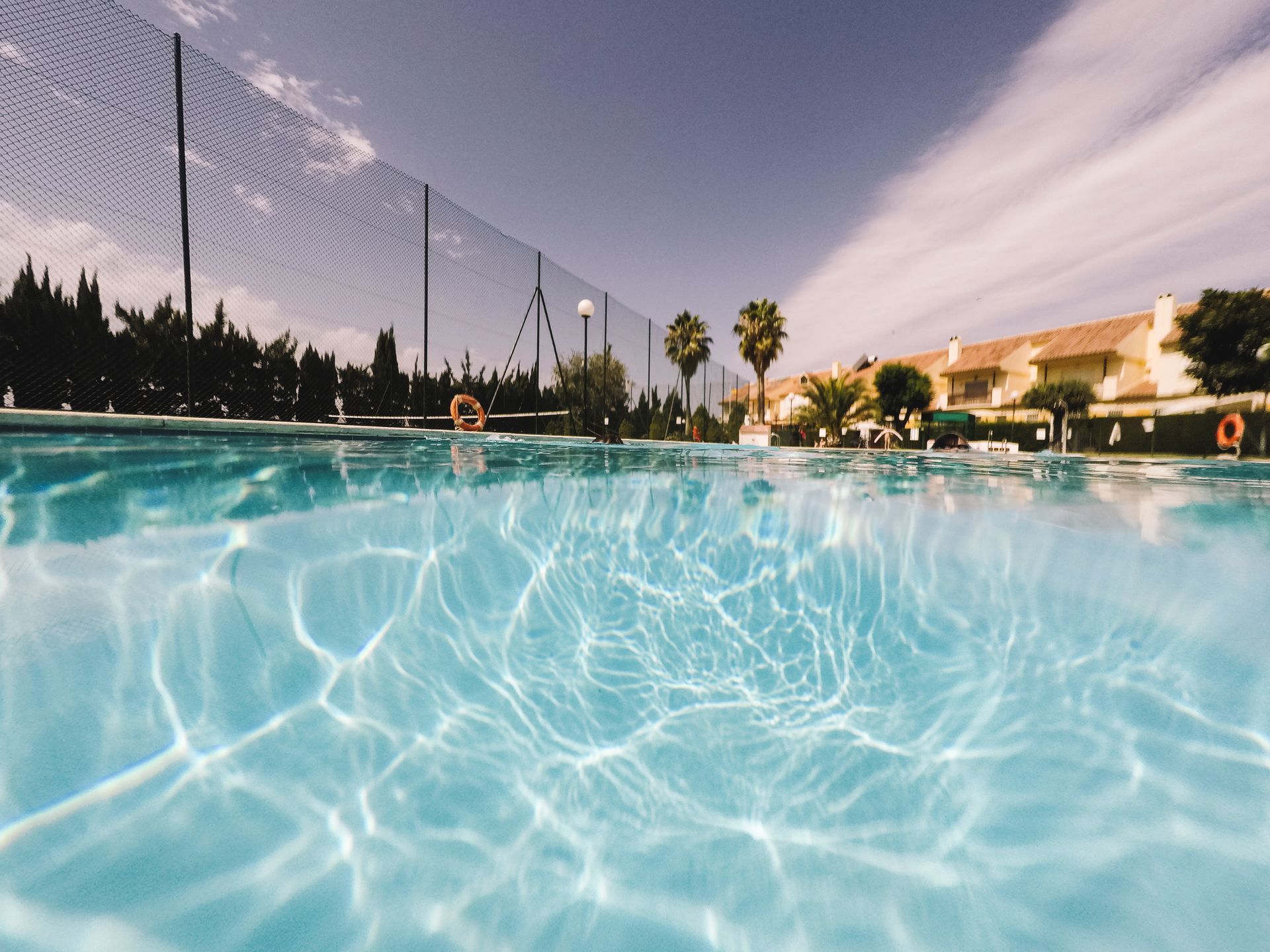
Water Temperature
- Slower heat absorption process
- Significant heat loss potential
- More temperature variability
User Experiences
"My concrete pool takes forever to warm up and seems to cool down quickly." - Michael T.
Heat Dynamics
- Concrete has high thermal mass, meaning it absorbs heat slowly
- More surface area exposed to temperature fluctuations
- Higher thermal conductivity leads to faster heat loss
- Less energy-efficient heating process
Comfort
- Unlimited shape possibilities
- Custom design options
- Adaptable to unique landscape requirements
- Tailored to specific aesthetic preferences
User Experiences
"I could design my pool exactly how I wanted - curves, levels, everything." - Bonnie L.
"The customization allowed me to create a pool that perfectly fits my backyard." - David R.
Design Characteristics
- Highly personalized pool configurations
- Multiple depth options
- Integrated features possible
- Complex geometric designs achievable
Comfort Challenges
- Potential for uneven surfaces
- More complex construction process
- Higher risk of surface imperfections
- Longer construction time
Surface Considerations
- Requires precise craftsmanship
- More potential for texture variations
- Potential comfort inconsistencies
- Requires skilled construction techniques
Surface Characteristics
- Inherently rougher surface
- More textural swimming experience
- Provides natural grip while swimming
- Higher friction compared to fiberglass
User Testimonials
"The rough surface gives me more confidence while swimming. I feel more secure." - Mark T.
“I prefer the grip, especially when doing water exercises." - Linda R.
Texture Implications
- Enhanced traction while swimming
- More resistance during movement
Injury Potential
- Rough surfaces increase injury risk
- More potential for cuts and abrasions
- Surface irregularities create hazard points
- Higher maintenance-related safety concerns
User Experiences
"I'm constantly worried about sharp edges and surface issues." - Tom H.
Final Considerations
Choosing between concrete and fiberglass pools isn't about finding a "perfect" option—it's about finding the right pool for your specific needs, budget, and lifestyle.
Concrete pools offer ultimate customization and a traditional swimming experience. Your ideal pool depends on:
- Budget
- Maintenance willingness
- Aesthetic preferences
- Long-term performance expectations
No single pool type is universally "better." The best pool is the one that matches your unique requirements and brings joy to your swimming experience.
Before making a decision, consider:
- Consulting multiple pool professionals
- Visiting pools in person
- Talking to current pool owners
- Evaluating your specific backyard and lifestyle needs
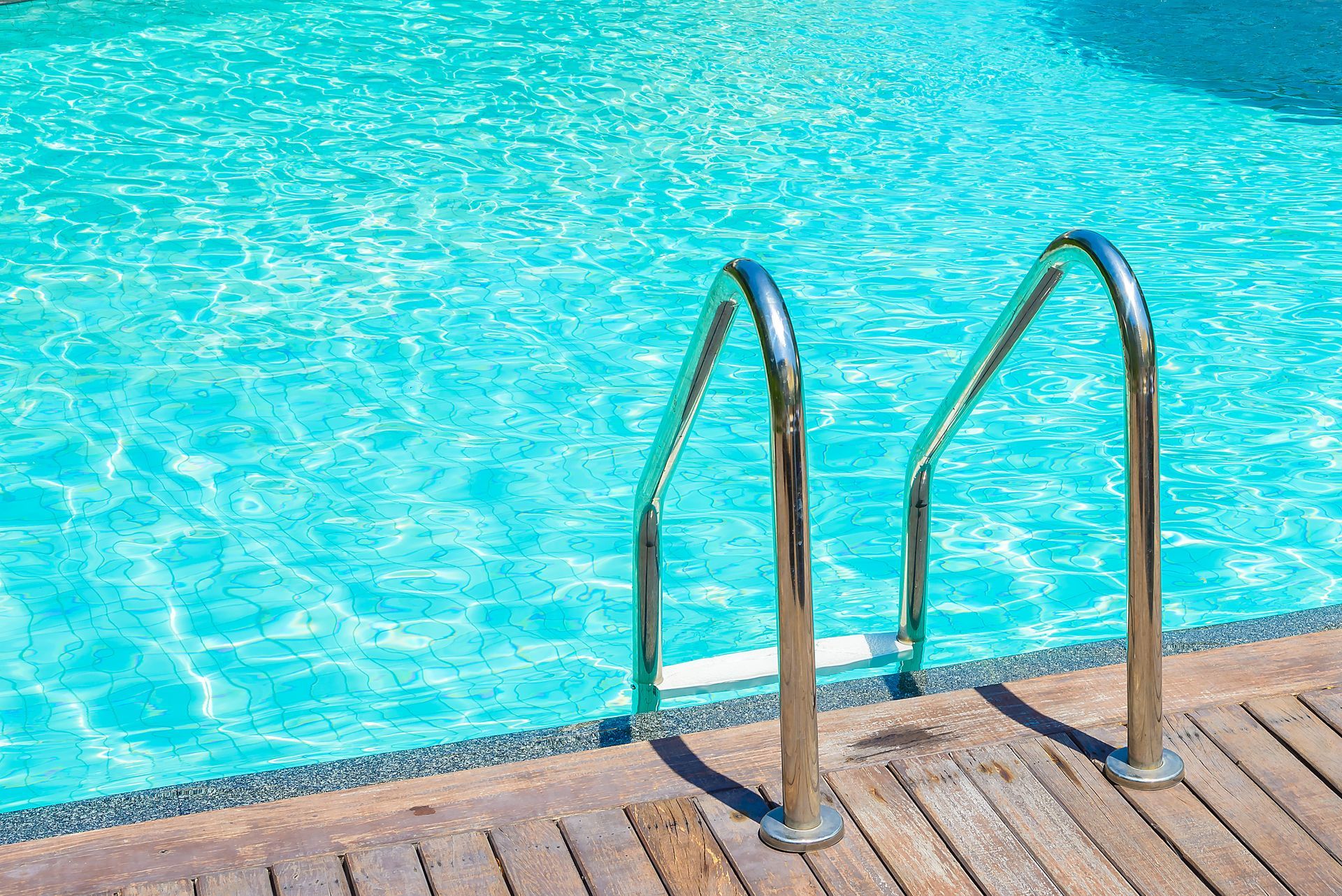
Salt Water Systems Challenges
As a final consideration, salt systems for concrete pools present significant challenges. While promising a more natural swimming experience, they come with complex maintenance requirements and potential long-term surface damage.
Technical Challenges
- Salt can erode concrete surfaces over time
- Increased risk of surface deterioration
- Potential damage to pool finish
- Higher maintenance requirements
User Experiences
"We had to refinish our pool after just 6 years with salt system. The surface started showing wear much sooner than expected." - Tom H.
"The maintenance costs are higher than we anticipated. Constant monitoring for deterioration is necessary." - Maria R.
Maintenance Requirements
- More frequent surface inspections needed
- Higher potential for repairs
- Regular sealing recommended
- Increased monitoring of salt levels
Cost Implications
- Higher long-term maintenance costs
- More frequent resurfacing needed
- Increased repair expenses
- Shorter surface life expectancy
We hope this guide helps you make an informed decision about the type of pool that best suits your requirements, preferences, and budget. If you have any further questions or need expert assistance in selecting the perfect pool for your home, don't hesitate to contact Gold Standard Pools. Our team is ready to guide you through every step of your pool selection journey.
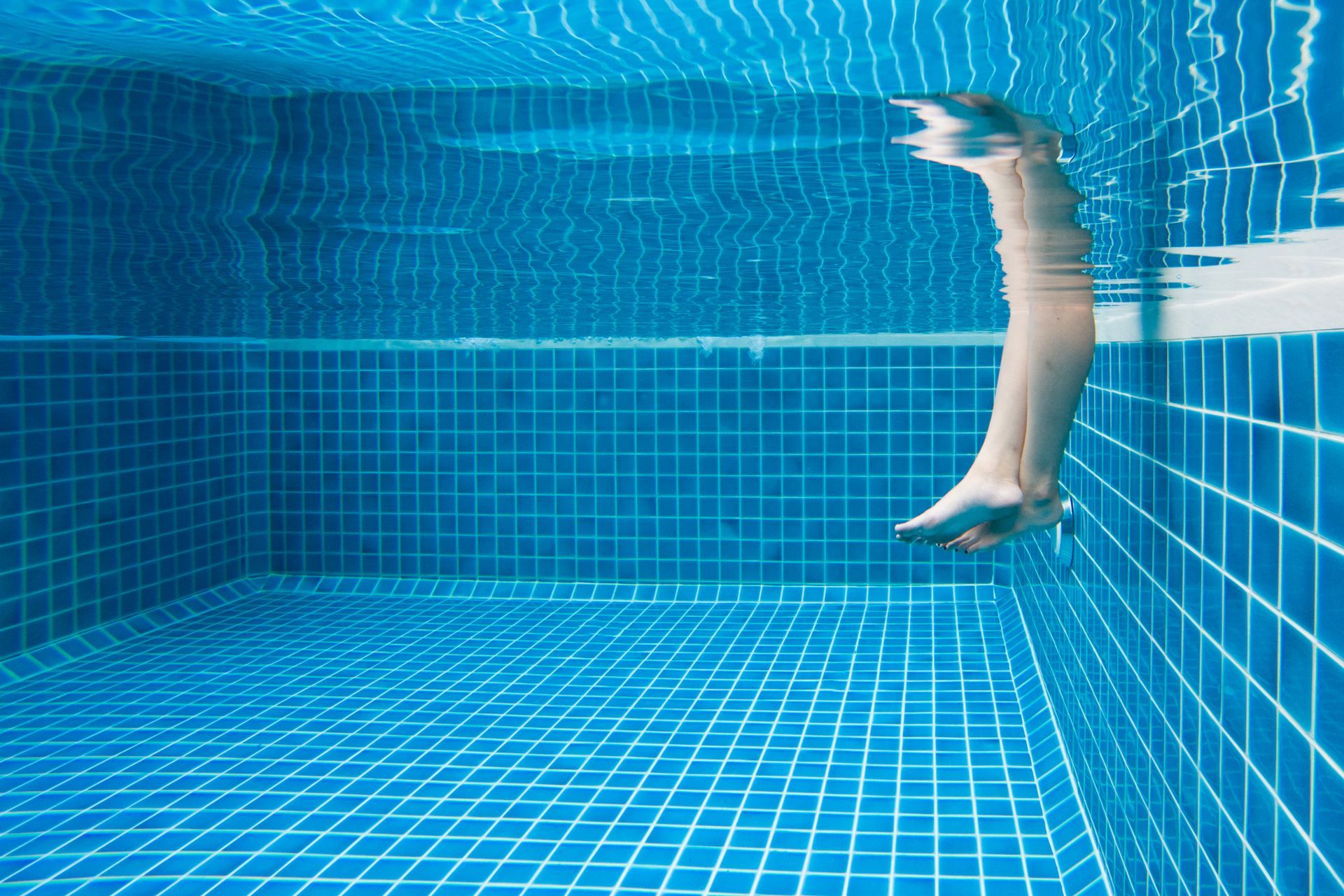
BUSINESS HOURS
- Mon - Fri
- -
- Sat - Sun
- Closed
BUSINESS HOURS
- Mon - Sat
- -
- Sunday
- Closed
All Rights Reserved | Gold Standard Pools Construction & Renovations


